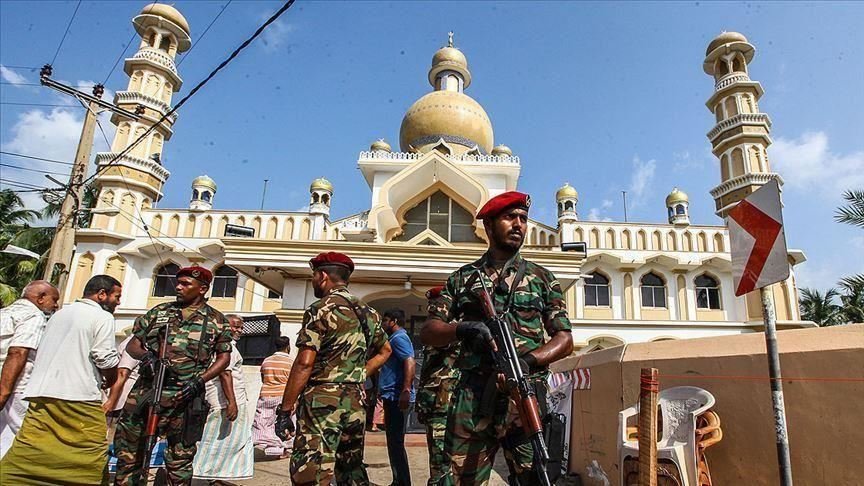Escalating tensions in Sri Lanka reveal deep-seated issues. The escalating violence against Muslims echoes past strife, showing a pattern of escalating discrimination. Efforts to de-escalate are crucial for peace, with escalating fears of widespread conflict.
In the aftermath of the devastating Easter terrorist attacks in April 2019, silence may have descended upon Sri Lanka, but violence persists. This time, the Muslim minority is the target, with escalating violations of their fundamental rights by the authorities and assaults by Buddhist nationalists, as reported by Human Rights Watch.
Sri Lanka’s Troubled History: Buddhist Extremism vs. Muslim Minority
The troubling strife between Sri Lanka’s majority Buddhists and its Muslim minority is far from new. This division has deep historical roots, with the Bodu Bala Sena (BBS), meaning “Buddhist Power Force,” emerging as a radical Sinhalese organization. The BBS shares eerie similarities with the Burmese 969 movement, infamous for its persecution of the Rohingya ethnic group in Bangladesh, known as one of the most oppressed minorities worldwide.
Under the leadership of Galagoda Aththe Gnanasara Thero, the BBS has relentlessly attacked the Muslim community, advocating for Buddhist beliefs against the minority Muslim population. Their impact is significant, bolstered by high-level connections and vigorous propaganda campaigns, often fueled by misinformation. For instance, the BBS has made unfounded claims that Muslim-owned restaurants use “sterilization medicines” in their food to lower the Buddhist birth rate, a baseless assertion.
UN’s Warning on Religious Freedom in Sri Lanka
As ethnic and religious tensions simmer in Sri Lanka, the United Nations has voiced its concerns about the need for swift action to protect freedom of religion and belief in the country. UN Special Rapporteur Ahmed Shaheed, after a mission to Sri Lanka, reported that while the government had managed to restore a semblance of control following the Easter attacks, many religious communities remain apprehensive due to the incitement to hatred and violence by extremists.
The government’s responsibility to counter hate propaganda against the Muslim community is critical. Such propaganda spreads through unregulated media and exacerbates ethno-religious tensions. A failure to address this issue would risk further escalation of extremism and pose grave challenges to peace-building efforts.
The situation remains precarious, leaving activists of the separatist movement vulnerable to persecution and inhumane treatment. International attention and cooperation are vital to addressing these ongoing human rights violations in Sri Lanka.



































